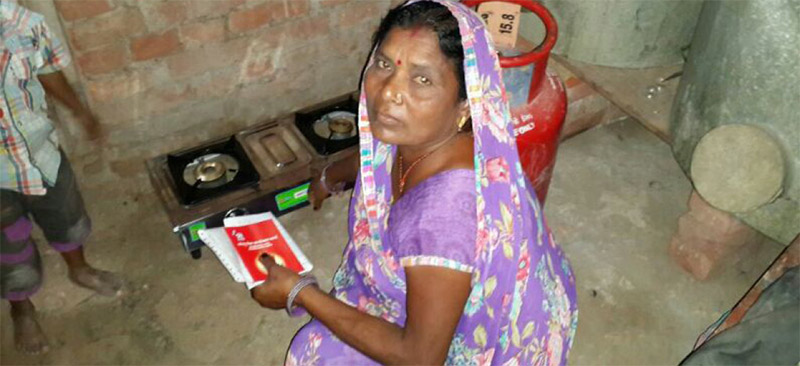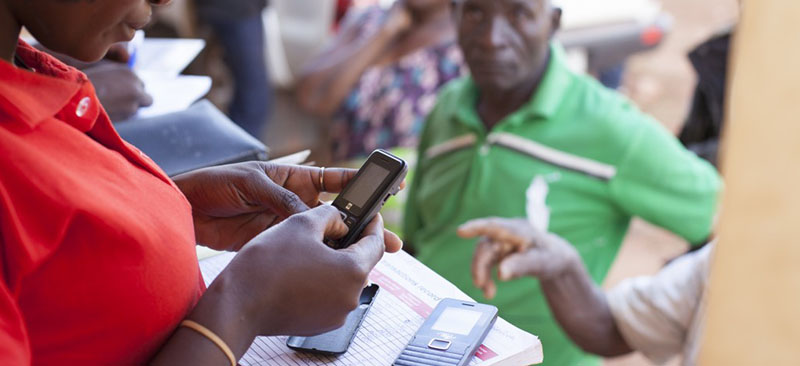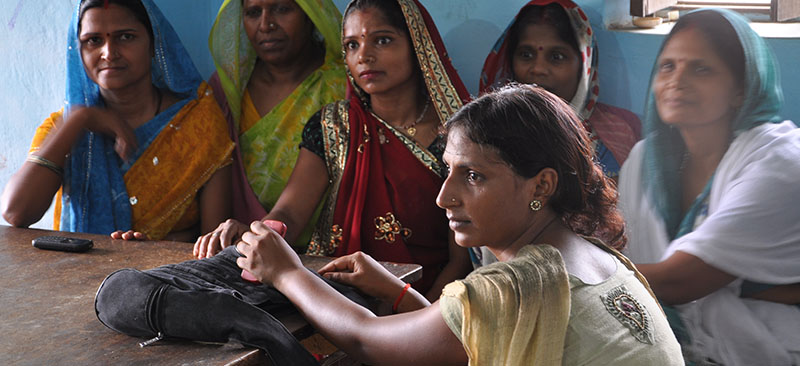Ritika Srivastava

Ritika Srivastava
Ritika Srivastava is currently working as a Research Specialist at Accenture, Bangalore, India. She is an experienced research professional, with in-depth expertise in the Insurance industry and a focus on General Insurance.
Ritika is an experienced research professional, with in-depth expertise in the Insurance industry and a focus on General Insurance. She worked as an Analyst with MSC and was a part of various independent market research projects, funded by Bill & Melinda Gates Foundation and Omidyar Foundation. She is skilled in business strategy, strategic research, bench-marking studies, competitors intelligence, along with datavisualization capabilities in Tableau, to bring out industry insights and facilitate making informed decisions.
Posts by Ritika Srivastava
 Publication
Publication
Veena Yamini, Shayandeep and Ritika Srivastava
What Makes ServQual a Distinctive Tool for Client Protection?
 Publication
Publication
Puneet Chopra, Nitish Narain, Abhay Pareek, Nishant Kumar, Sharad Bangari, Sonal Agrawal, Akhilesh Singh and Ritika Srivastava


